The workshop attracted a large number of scientists, experts and technology businesses to attend, in the context that artificial intelligence - AI is becoming a new driving force to help Vietnamese agriculture optimize production and improve the quality of agricultural products. At the event, experts shared many updated perspectives on the current state of the industry and low-cost AI application models that can be deployed right at the farm level.
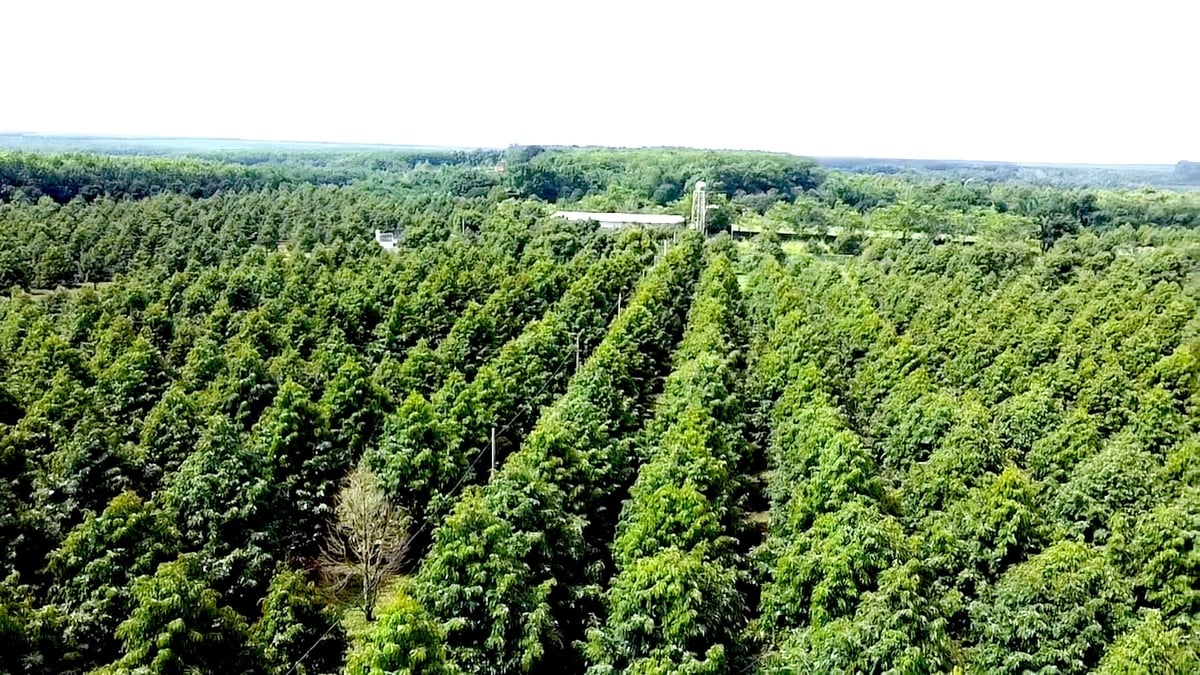
The current state of domestic production is still fragmented, lacking linkages, limited mechanization, and the rate of GAP-standard areas is still low, making digital transformation and high-tech application difficult. Photo: Minh Sang.
According to a representative of the Vietnam Fruit and Vegetable Association (Vinafruit), the fruit and vegetable industry continues to grow strongly, with export turnover reaching 7.15 billion USD in 2024; it is forecasted to reach 8 billion USD in 2025. However, production is still fragmented, lacking linkages, limited mechanization and the rate of GAP-standard area is still low, making digital transformation and technology application difficult. The world market increasingly demands transparency in production processes and environmentally friendly products, creating pressure for the industry to apply AI, IoT, and Blockchain.
Mr. Nguyen Van Muoi, Deputy General Secretary of the Vietnam Fruit and Vegetable Association (Vinafruit) shared: “The application of AI and digital technologies to help with early warning and transparency in production processes is an urgent requirement for agriculture today. If deployed early, these technologies will reduce risks due to weather and climate, improve productivity, quality and create a foundation for sustainable production.”
Dr. Tran Thi Tuyet Van (An Giang University) analyzed the role of AI in modern agriculture, especially when combined with IoT, AI helps to quickly and accurately identify plant diseases through images, monitor crops by drones to harvesting robots and automatic irrigation and nutrition systems. However, barriers in investment costs and lack of high-quality human resources are still big challenges.
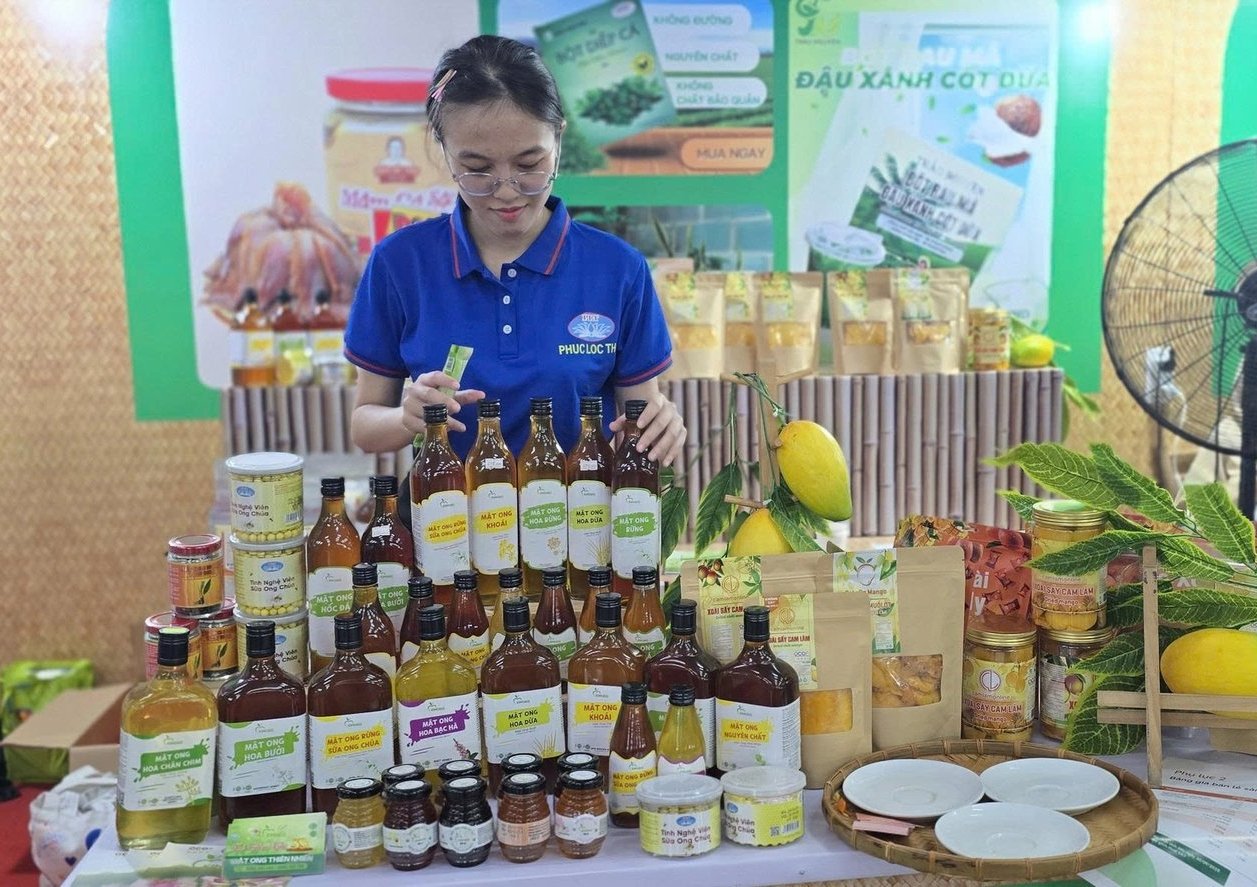
When data is fully standardized and digitized, AI can be highly effective, supporting traceability control, quality assessment, crop forecasting, optimizing production decisions and improving export capacity. Photo: Minh Sang.
SNE (Korea) representative, Mr. Chang SeHun, said that the most suitable direction for Vietnam's agriculture today is not to invest in "smart farm" models worth billions of VND, which are difficult to replicate, but to start with digital transformation of data and platforms before applying AI at a deep level. Currently, less than 4% of farming households meet VietGAP standards and most farmers' field diaries are still recorded manually, causing data to be scattered and lacking standardization.
According to Mr. SeHun, Vietnam has a developed agriculture but the level of digitalization is still low. When data is standardized and fully digitized, AI can be highly effective, supporting traceability control, quality assessment, crop forecasting, optimizing production decisions and improving export capacity.
At the workshop, SNE introduced a low-cost AI SaaS platform that allows digitizing farming logs using AI-OCR, entering them into a data lake for analysis and forecasting. The system is capable of forecasting agricultural prices with over 92% accuracy, estimating yields through satellite data and assessing crop growth directly from smartphone images. These solutions are currently being piloted by SNE in Lam Dong, Bac Giang, Dong Nai and deployed in collaboration with IAS and WinMart.
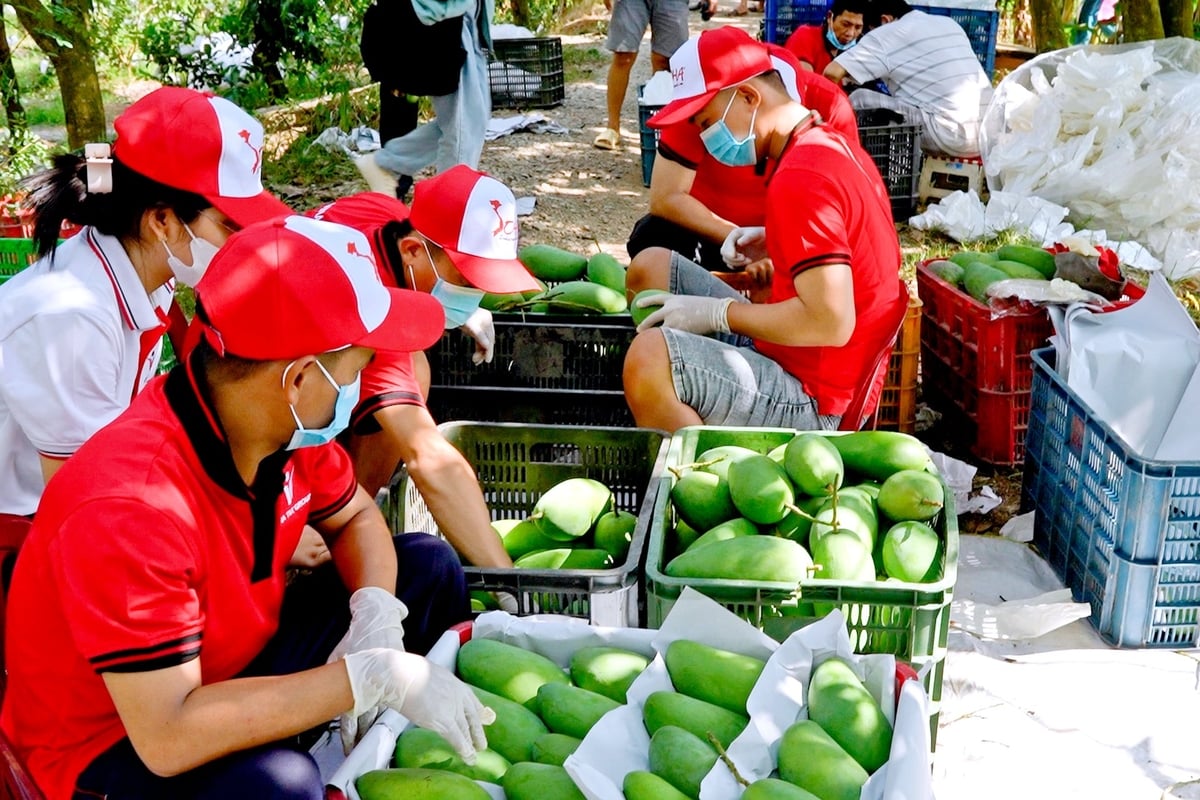
The application of AI and digital technologies to provide early warning and transparency in production processes is an urgent requirement for agriculture today. Photo: Minh Sang.
The workshop agreed that digital transformation in agriculture must start with data digitization and farming information management, before moving towards higher-level AI applications. This is considered a practical solution to help improve production efficiency, traceability, reduce costs and support small-scale farmers towards smart and sustainable agriculture.
"AI is creating great opportunities for Vietnamese agriculture, from weather forecasting, pest detection, production process optimization to traceability according to international standards. Especially in the context of climate change, epidemics and labor shortages, AI application is considered an inevitable solution to develop green and sustainable agriculture," emphasized Mr. Truong Vinh Hai, Deputy Director in charge of the Southern Institute of Agricultural Sciences (IAS).
Source: https://nongnghiepmoitruong.vn/day-manh-ung-dung-ai-trong-nong-nghiep-d784342.html


![[Photo] The Government Standing Committee reviews the planning project of the Red River landscape avenue axis](https://vphoto.vietnam.vn/thumb/1200x675/vietnam/resource/IMAGE/2025/11/15/1763197032149_dsc-0163-jpg.webp)


![[Photo] Action for the Community tells stories of enduring journeys – both intimate and great, yet quiet and determined](https://vphoto.vietnam.vn/thumb/1200x675/vietnam/resource/IMAGE/2025/11/15/1763179022035_ai-dai-dieu-5828-jpg.webp)
![[Photo] General Secretary To Lam receives Governor of Kanagawa Province (Japan) Kuroiwa Yuji](https://vphoto.vietnam.vn/thumb/1200x675/vietnam/resource/IMAGE/2025/11/15/1763204231089_a1-bnd-7718-5559-jpg.webp)
![[Photo] Exciting contest of skillful red fruit picking and creativity from Son La coffee beans](https://vphoto.vietnam.vn/thumb/1200x675/vietnam/resource/IMAGE/2025/11/15/1763201832979_ndo_bl_3-jpg.webp)
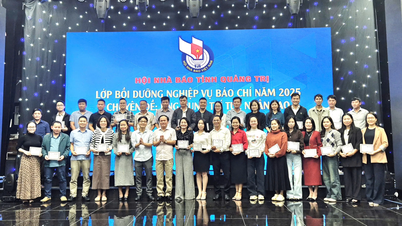



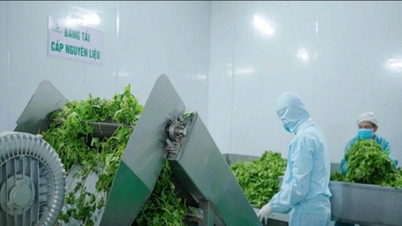

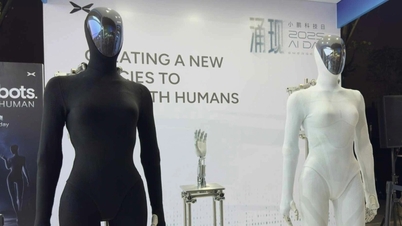

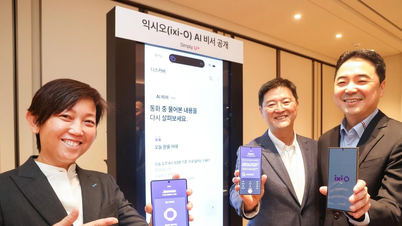


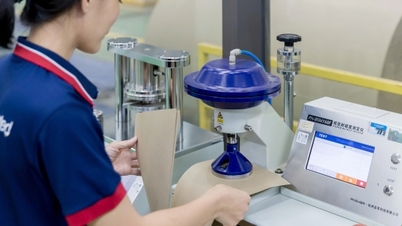

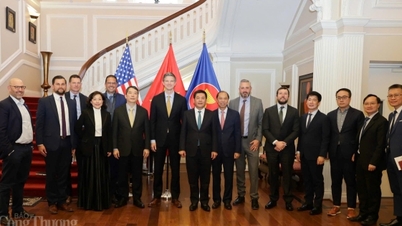
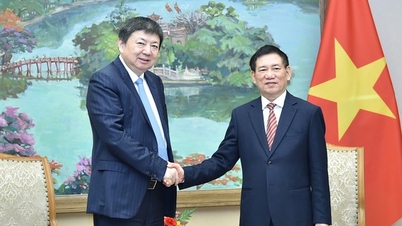

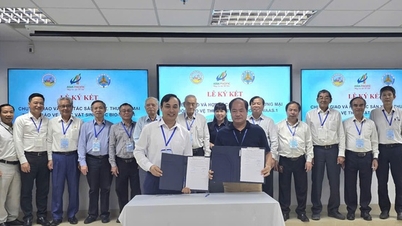


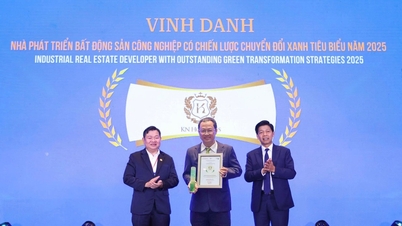




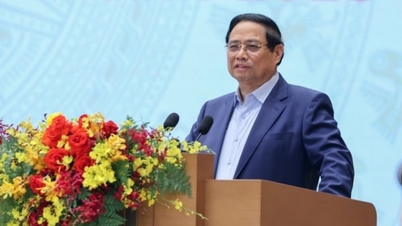
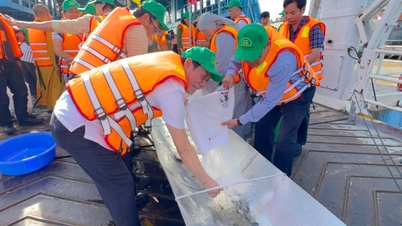
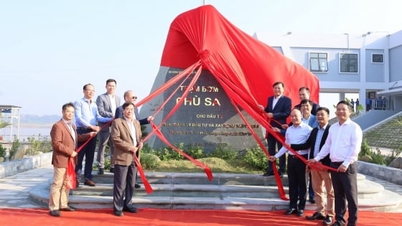

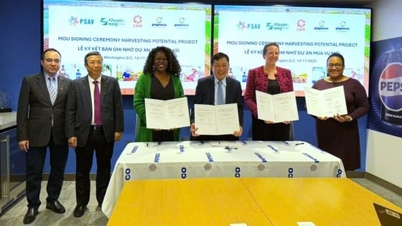







































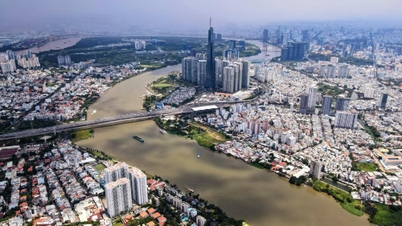






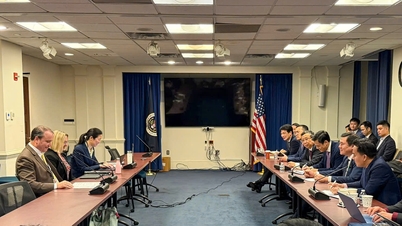
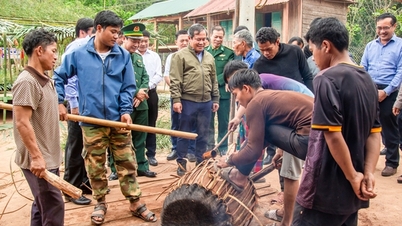
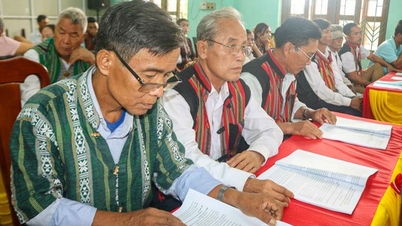
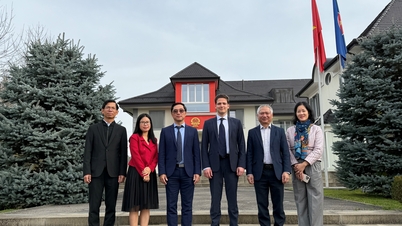

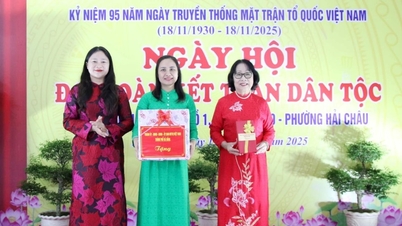

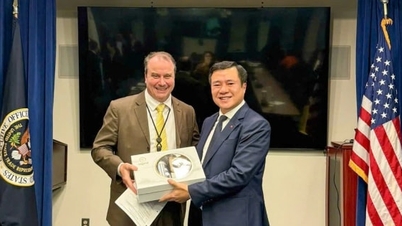
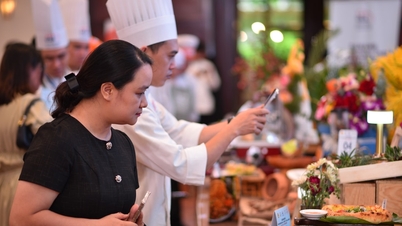

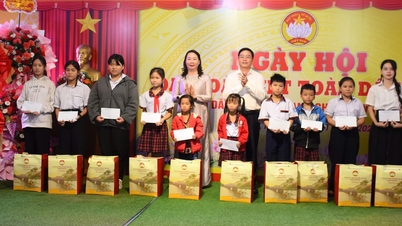














Comment (0)